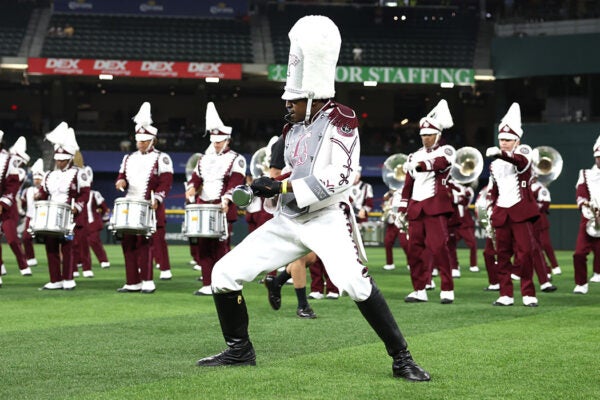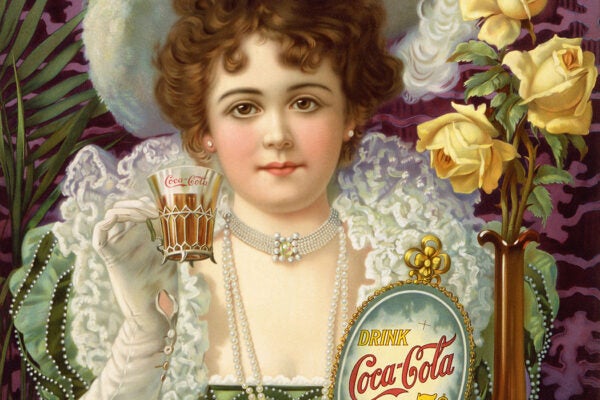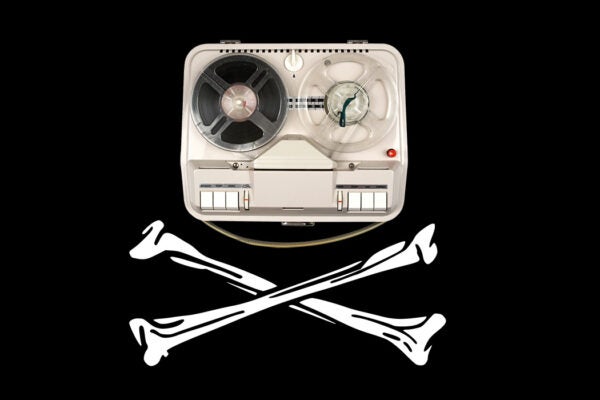The Storied History of HBCU Marching Bands
Marching bands at historically Black colleges and universities can be seen as both celebratory emblems and complicated arbiters of Black American culture.
Monique Truong and the New Southern Gothic
Truong’s second novel, Bitter in the Mouth, expands the region and the meaning of “the South” in contemporary literature.
Who Took the Cocaine Out of Coca-Cola?
The medical profession saw nothing wrong with offering a cocaine-laced cola to white, middle-class consumers. Selling it to Black Americans was another matter.
Land of the Free, Home of the Bootleggers
When technology made music mobile, the American South changed from one type of bootlegging industry to another: copying and selling records.
Historian J.T. Roane Explores Black Ecologies
Considerations of climate change and environmentalism have for too long paid no mind to where Black people live and in what conditions.
Coming Up Kudzu
Employed as a symbol of the American South or used as shorthand for unchecked growth, kudzu has demonstrated a tenacity beyond all imagination.
“A Time To Speak”: Annotated
On September 15, 1963, a bomb killed four Black children in Birmingham, Alabama. Who threw that bomb? Each of us, argued Birmingham lawyer Charles Morgan, Jr.
The Ballad of Railroad Bill
The story of Morris Slater, aka Railroad Bill, prompts us to ask how the legend of the "American outlaw" changes when race is involved.
Should We Teach K-12 Students the History of King Cake?
King cake, eaten during Carnival season in New Orleans, is more than just a sugar-sprinkled treat. Should students learn about its connections to white supremacy?









